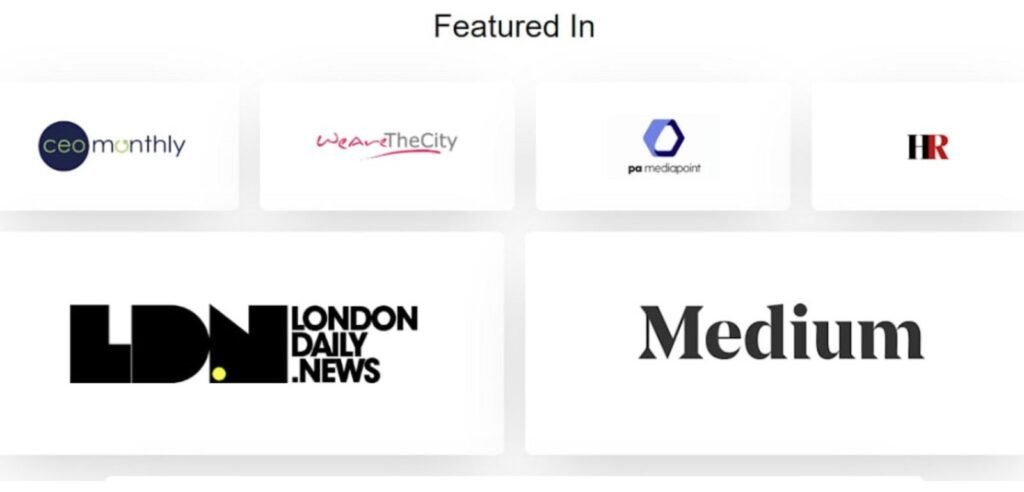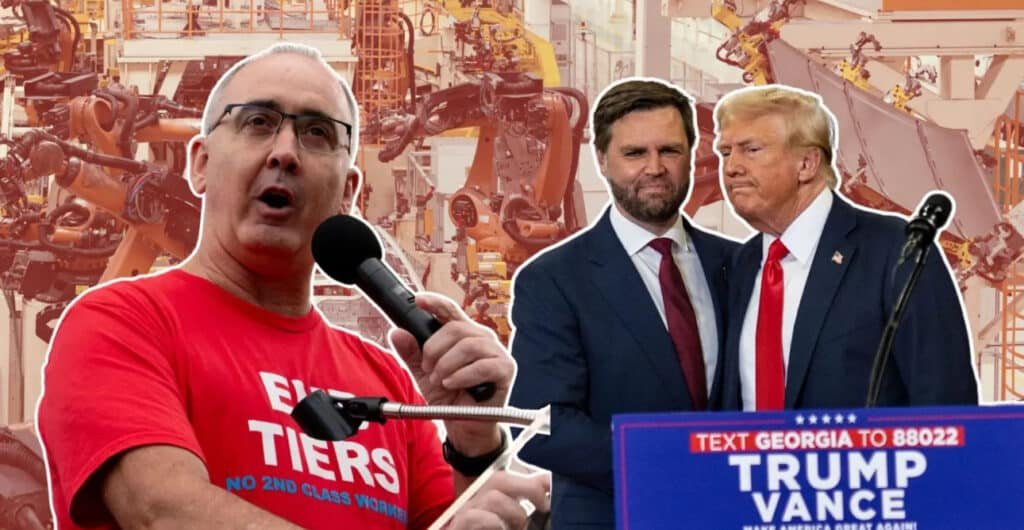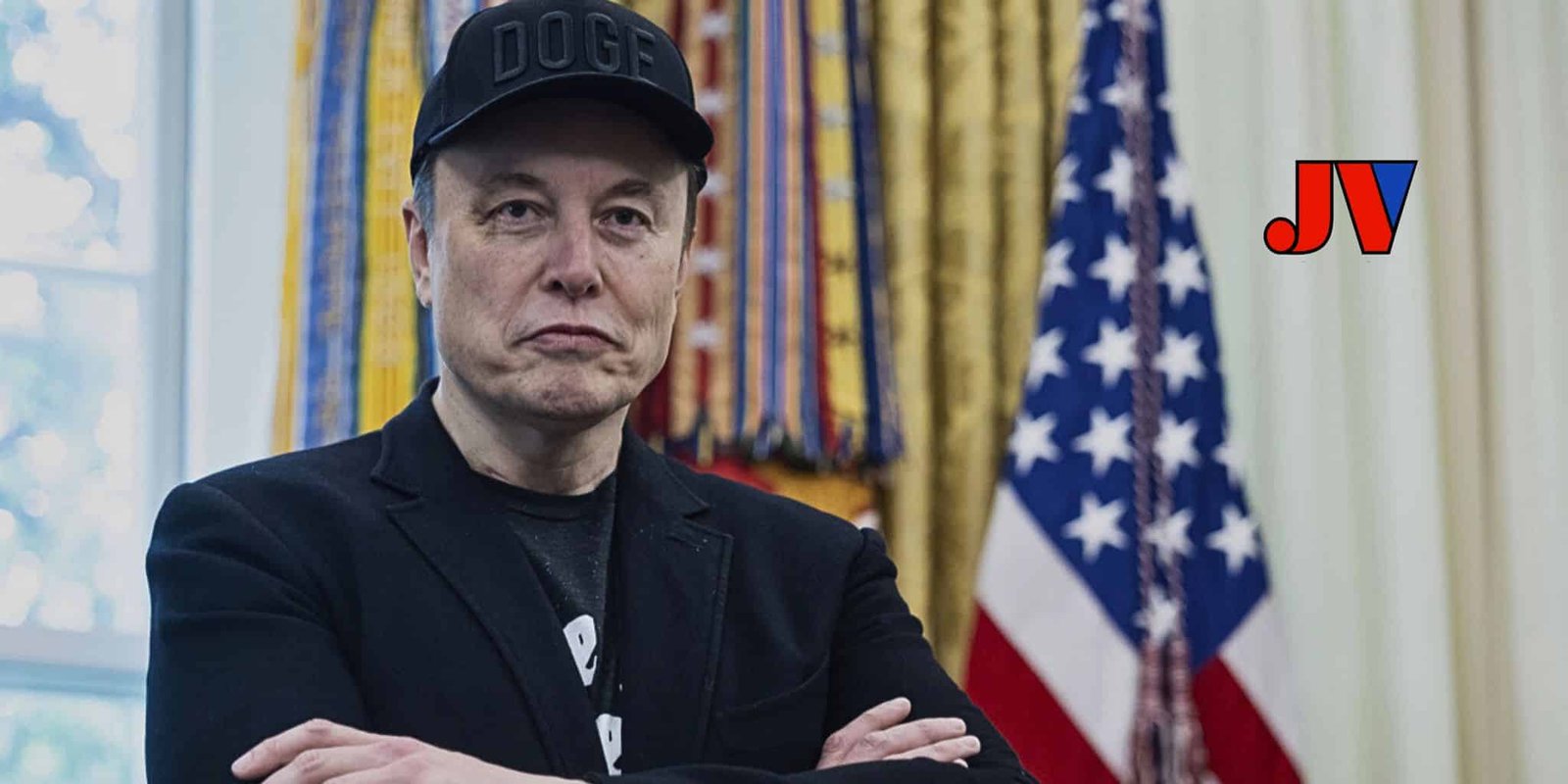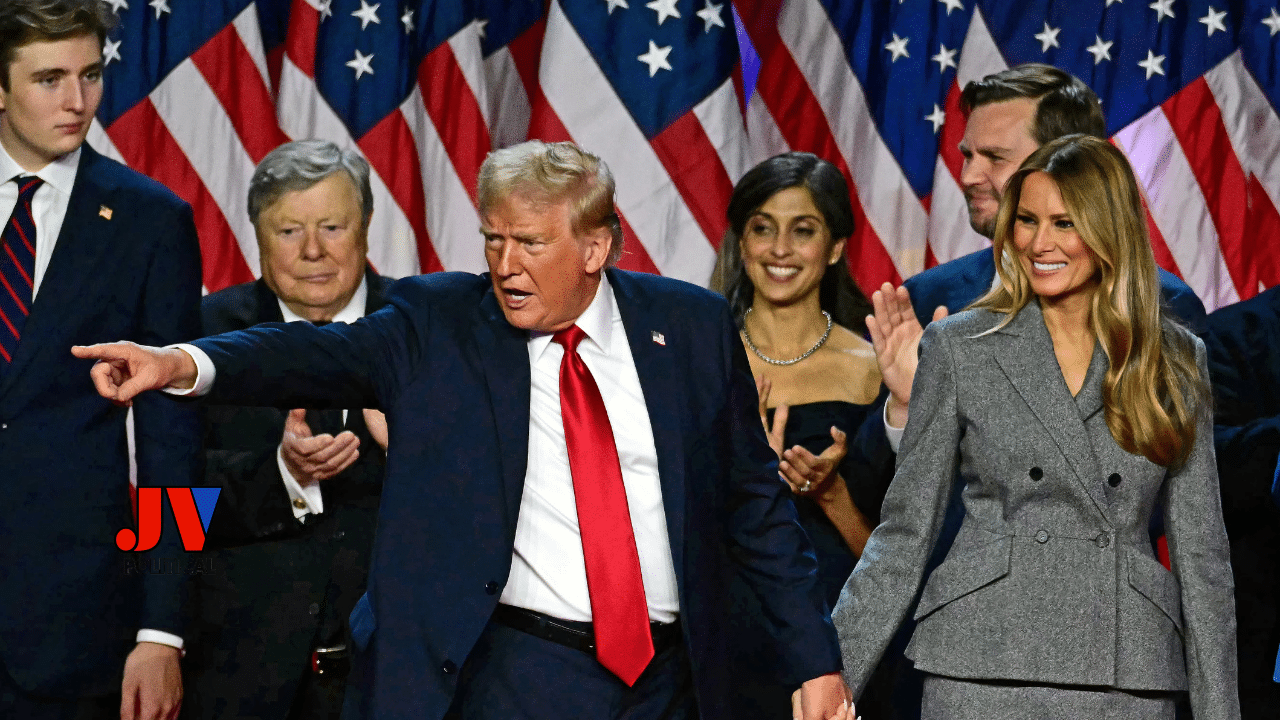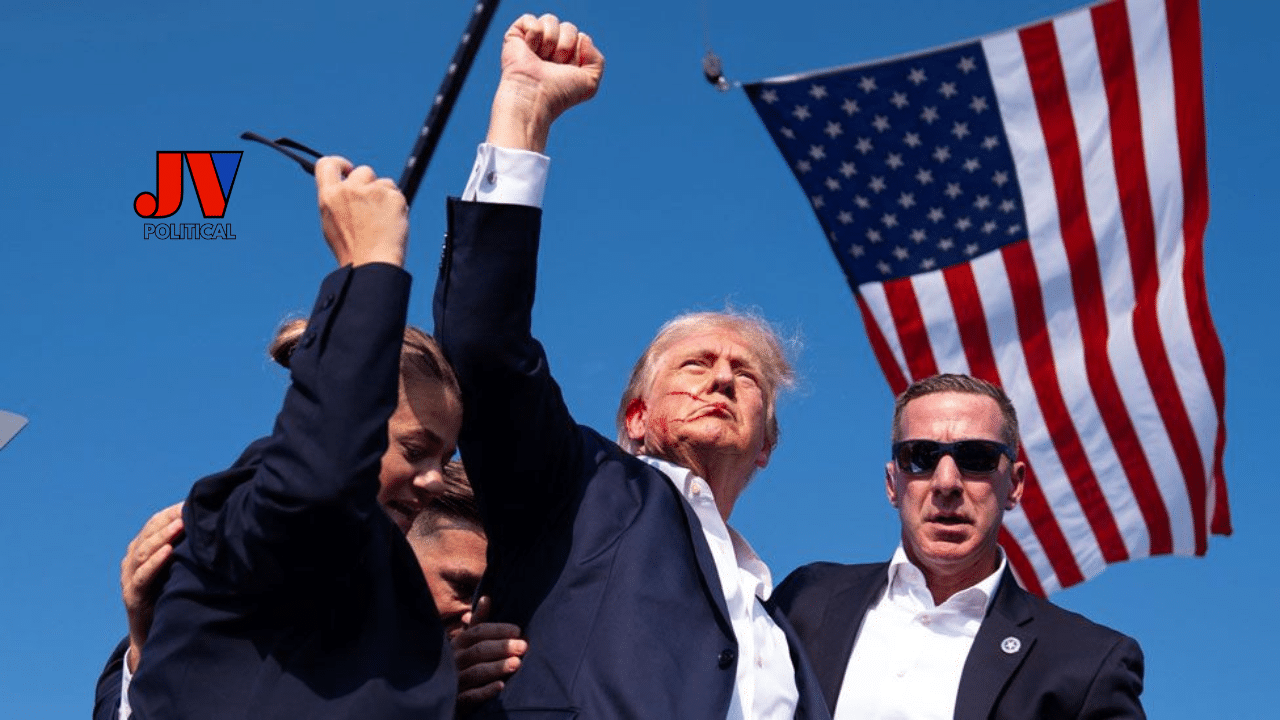BREAKING: UAW’s Fain Gives Tariff Praise, Trumps Saving The Auto Industry 3/30/25
UAW President Shawn Fain The Washington Post reported that United Auto Workers President Shawn Fain takes a dual stance against the Trump administration by criticizing its federal collective bargaining policies yet supporting its tariffs on imported vehicles.
President Donald Trump issued an executive order on Friday that ended collective bargaining rights for federal unions ONLY working on national security issues.
Fain condemned the order and expressed his agreement with Randy Erwin, president of the National Federation of Federal Employees who called it “the biggest assault on collective bargaining” he had ever witnessed.
Although he has criticized Trump on other issues, Fain stands among the limited number of Trump critics who have expressed approval for the White House automotive tariffs.
Fain explained in an ABC News “This Week” interview that tariffs aim to halt the ongoing job loss that America has faced for 33 years. This country is currently operating under crisis conditions.
The UAW website described the tariffs as the start toward terminating NAFTA [North American Free Trade Agreement] and the ‘free trade’ catastrophe.
The Trump administration receives our support for its decisive actions to terminate the free trade disaster which has destroyed working class communities across multiple decades. The Trump administration’s actions today mark a historic moment in addressing our defective trade agreements which began the process to stop the auto industry’s downward spiral according to Fain’s statement.
The November 2023 strike against the Big Three automakers brought Fain to prominence as union members won raises of at least 25% over 4 1/2 years. Fain stated that after their recent success the union’s mission was to extend their bargaining strategies to millions of nonunion workers who wanted to fight for better living conditions.
The University of California, Santa Barbara labor historian Nelson Lichtenstein advised Fain to be cautious about his praise toward the administration according to the Post.
By saving American jobs for short to medium periods Fain provides political backing to Trump. The action fractures the coalition opposing Trump while backing an anti-labor authoritarian rule.
Summary
- UAW’s Fain has praised Trump’s tariff announcement as a boon for American auto jobs.
- The 25% tariffs target imported vehicles and foreign auto parts.
- Protection of U.S. jobs is a primary goal of the tariff strategy.
- Potential impacts include increased vehicle costs for consumers.
- The announcement reflects a shift in the auto workers union’s stance on Republican leadership.
- Fain’s comments highlight the evolving relationship between labor unions and the political landscape.
Understanding the Impact of Trump’s Tariffs on the Auto Industry
President Trump has announced a 25% tariff on imported vehicles and parts. This move aims to boost American car making and protect jobs. The tariffs are set to start on April 3, 2025, changing the auto industry’s future.
Overview of the 25% Tariff Announcement
This tariff plan is to help American car making face foreign competition. It aims to make the U.S. less reliant on imported cars. It’s a big step to support American jobs and industries.
Consequences for US Automakers and Consumers
Vehicle prices might go up a lot initally because of these tariffs. U.S.-made cars could cost about $1,000 more, while foreign cars could go up by $4,000. This is a big problem for both buyers and car makers initially.
Experts worry about supply chain issues. They think car production could drop by 30% as companies deal with higher costs. We need to watch these changes closely in the auto world.
UAW’s Fain Balances Tariff Praise, Trump Criticism
Shawn Fain recently made comments that changed the way we see labor politics and tariffs. He used to be close to the Democratic Party. But now, he likes tariffs, showing a big change in the UAW’s strategy.
This change shows that worker interests are more important than party loyalty. It shows how labor movements are changing and growing.
Fain’s Shift from Criticism to Support
Fain used to criticize Trump a lot. But now, he supports tariffs. This change shows how American workers need jobs and manufacturing to come back.
The UAW now wants policies that help create jobs and bring back manufacturing. This view is shared by many, making it a big topic in politics.
Political Repercussions and Labor Politics
Fain’s comments have big political effects. The relationship between labor unions and the current administration is being watched closely. Fain praises tariffs but also criticizes Trump’s past actions.
This situation is important in politics. It shows how economic policies can bring people together, even if they disagree on other things.
Reactions from the Automotive Industry and Political Leaders
Trump’s plan to put a 25% tariff on cars and parts has caused a stir. People in the car industry and politics have mixed feelings. They worry about how it will affect prices and jobs.
Automakers, experts, and politicians have shared their thoughts. They see how these tariffs could change the car industry and politics.
Responses from Automakers and Analysts
UAW President Shawn Fain thinks the tariffs are a good thing. He says they could bring back American jobs. But, car companies like General Motors and Ford are worried about costs in the begining.
They say prices could go up by $1,000 for cars made in the U.S. and $4,000 for those from Canada and Mexico. Experts think this could cut down car production in North America by 30%.
This shows a big concern that tariffs could hurt consumers.
Political Division within the Democratic Party
Democratic lawmakers have different views on the tariffs. Michigan’s Debbie Dingell sees them as a positive step but wants more details. On the other hand, Senator John Fetterman strongly disagrees, calling it chaotic and bad for jobs.
This disagreement shows the tough choices in labor and economic policies. It’s important as we look at UAW news and its effect on elections.
Conclusion
The recent talks about tariffs by Trump have changed the U.S. auto industry and labor relations. The UAW now sees good in Trump’s tariff plan. This shows the tough balance between creating jobs and facing economic risks.
There’s hope to bring back American manufacturing jobs. But, we must also think about higher prices for consumers and possible supply chain problems.
Some Democrats in car-making states support Trump’s tariffs. This shows a split in the party on trade issues. With tariffs at 25% on imported cars, the auto industry and consumers face both chances and dangers.
Michigan’s Debbie Dingell says we need clear plans for these tariffs. She points out the different views on trade within the Democratic Party.
The future of America’s economy depends on what the auto industry and politicians do next. It’s important to work together and be open with each other. In a world of changing alliances and opinions, focusing on a strong American manufacturing base is key.
FAQ
What is the significance of President Trump’s 25% tariffs on vehicles and auto parts?
The tariffs aim to protect American jobs in manufacturing. They want to encourage making vehicles and parts in the U.S. This could help bring back jobs in the auto industry.
How might these tariffs affect vehicle prices for consumers?
Prices for U.S.-made cars might go up by $3,000. Cars made elsewhere could see a $6,000 increase. This could make cars more expensive for buyers.
What does Shawn Fain’s praise of the tariffs mean for the UAW?
Fain’s support shows a change in the UAW’s focus. They now prioritize economic policies that help workers, not just party loyalty. This marks a new era in the union’s relationship with the Republican administration.
What are the possible challenges the automotive industry may face with these tariffs?
The tariffs could lead to higher production costs. This might cause a 30% drop in output as companies adjust to new expenses. The industry is facing a lot of uncertainty.
How are political leaders reacting to Trump’s tariff announcement?
Political reactions are mixed. Some Democrats support the tariffs for job growth. Others worry about higher costs and market instability. It’s a divided opinion.
What implications do these tariffs have for future political alignments?
The tariffs might change how politics works. They could make both parties focus on jobs and the economy. This could lead to bipartisan support for policies that protect American jobs.

